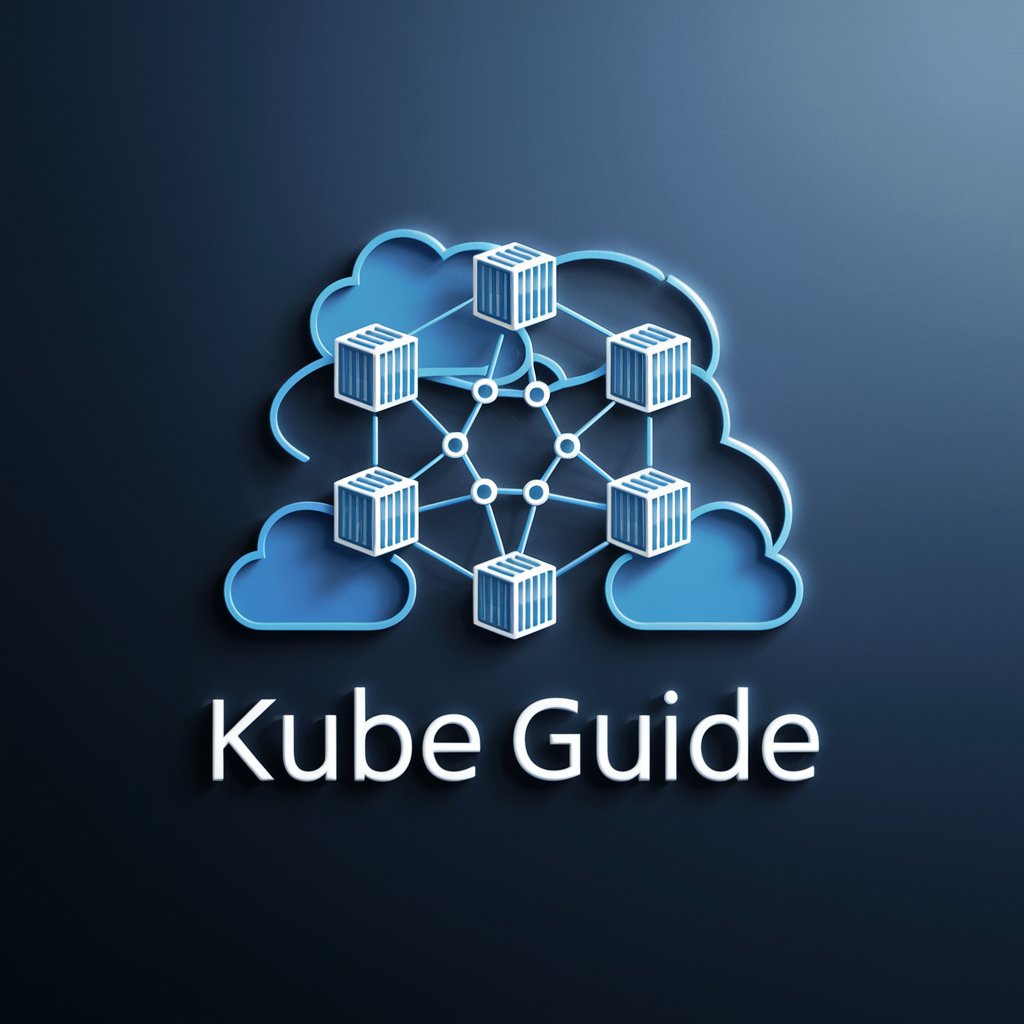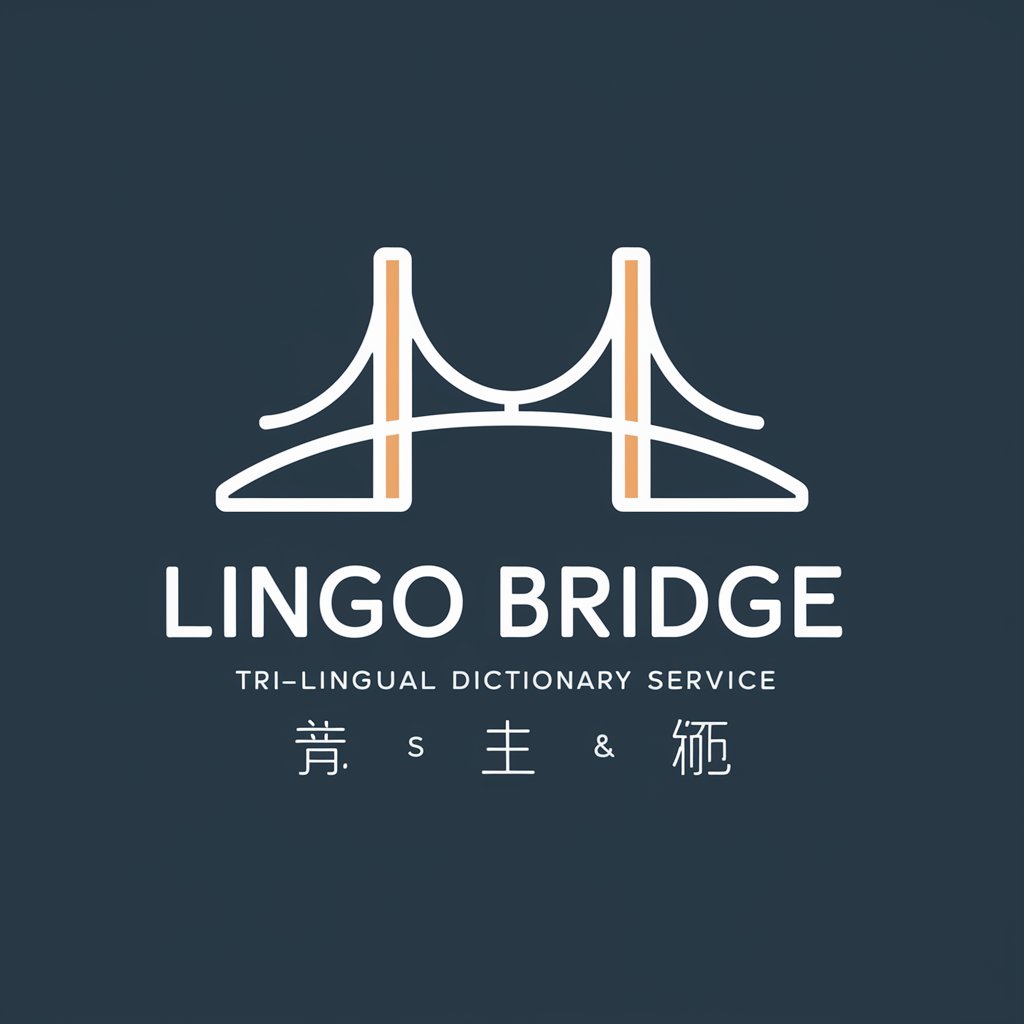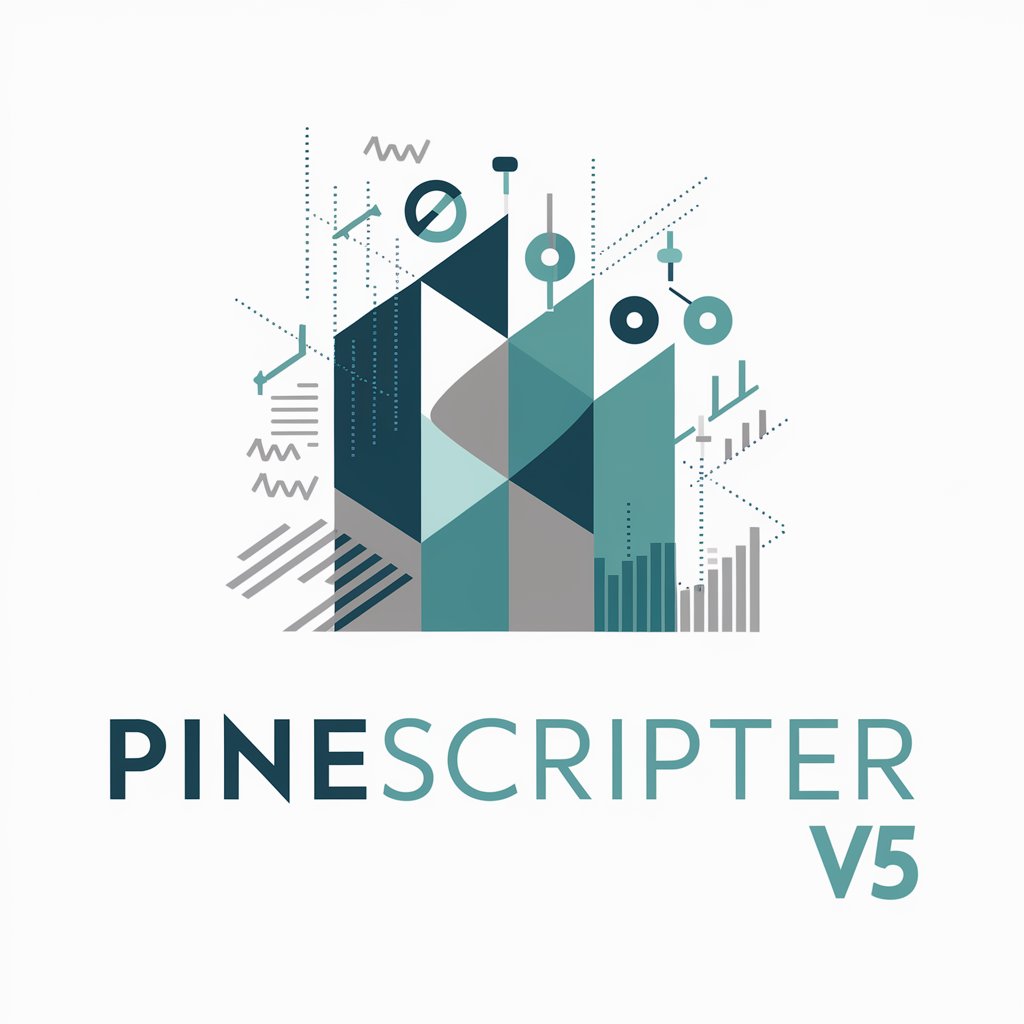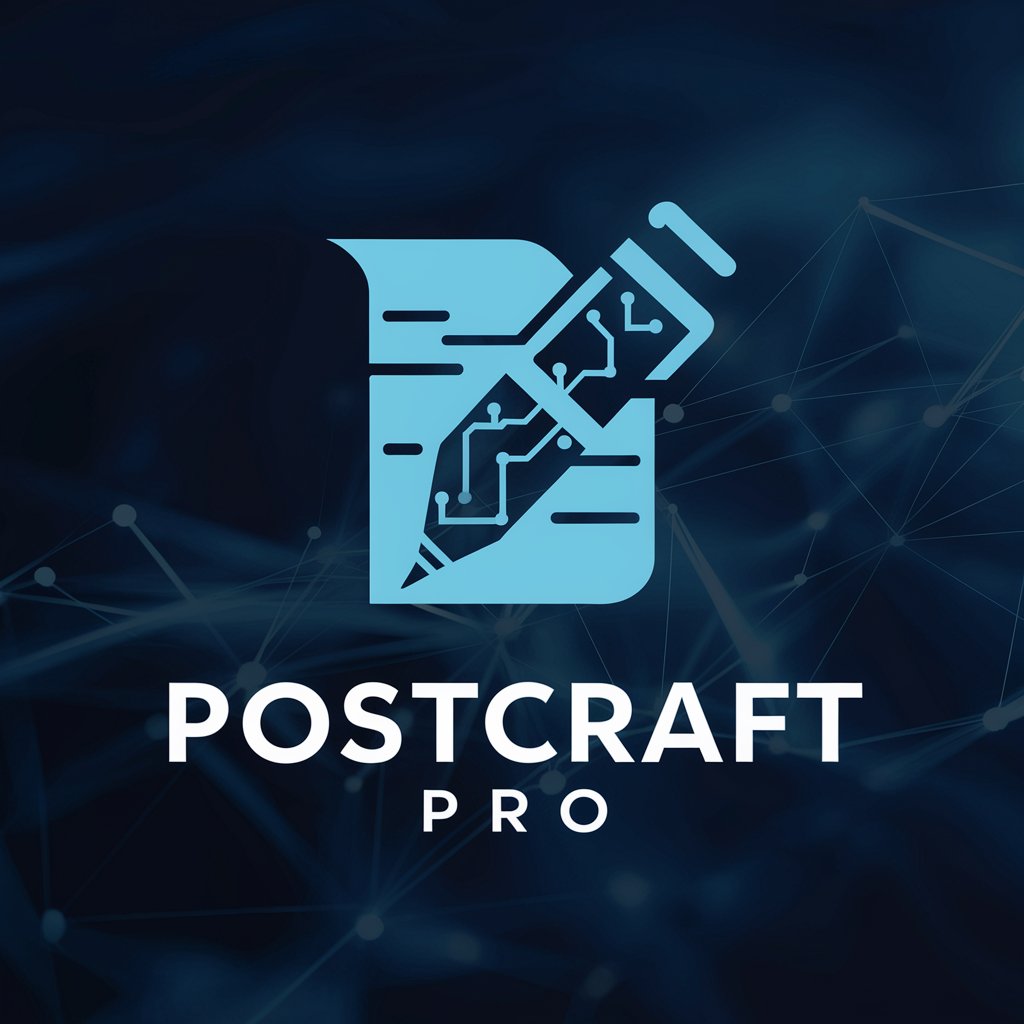Kube Guide - Kubernetes Expert Advice

Welcome to Kube Guide, your Kubernetes and cloud computing expert!
AI-powered Kubernetes Mastery
How can I set up a basic Kubernetes cluster?
What are the best practices for container orchestration?
How do I implement SRE principles in Kubernetes?
Can you guide me on deploying applications with Docker in Kubernetes?
Get Embed Code
Overview of Kube Guide
Kube Guide is designed as an expert advisory tool in the field of Kubernetes, providing insights and assistance on container technology, site reliability engineering (SRE), cloud computing, and Docker. Its core purpose is to facilitate users in deploying, managing, and optimizing containerized applications using Kubernetes, an open-source platform for automating deployment, scaling, and operations of application containers across clusters of hosts. By offering detailed advice, Kube Guide helps navigate the complexities of Kubernetes, from initial setup to advanced configuration, ensuring efficient container orchestration and cloud resource utilization. For example, Kube Guide can guide a user through setting up a highly available Kubernetes cluster, configuring autoscaling for microservices based on traffic, or implementing best practices for security and compliance within a Kubernetes environment. Powered by ChatGPT-4o。

Core Functions of Kube Guide
Deployment Assistance
Example
Guiding users through the process of creating and managing Kubernetes deployments, including setting up deployment YAML files, rolling updates, and rollbacks.
Scenario
A software company is looking to deploy their new web application on a Kubernetes cluster. Kube Guide assists them in defining a deployment strategy that ensures zero downtime during updates and enables quick rollbacks in case of failed deployments.
Cluster Optimization and Troubleshooting
Example
Offering advice on optimizing resource usage within a cluster, troubleshooting common issues, and applying SRE principles for high availability and reliability.
Scenario
An e-commerce platform experiences sporadic downtime during peak sales events. Kube Guide helps identify bottlenecks in their Kubernetes setup and suggests optimizations for auto-scaling configurations and resource quotas to handle surges in traffic.
Security and Compliance Guidance
Example
Advising on securing Kubernetes clusters, implementing network policies, managing secrets, and ensuring compliance with industry standards and regulations.
Scenario
A financial services company needs to ensure their Kubernetes environment complies with GDPR and PCI DSS. Kube Guide provides detailed steps for configuring security controls, auditing logs, and encrypting data in transit and at rest.
Cloud-Native Architecture Planning
Example
Assisting in the design and implementation of cloud-native architectures that leverage Kubernetes, including microservices design, service discovery, and continuous deployment pipelines.
Scenario
A startup aims to build a scalable, resilient cloud-native application. Kube Guide advises on structuring microservices, setting up CI/CD workflows with Kubernetes, and selecting cloud services for logging, monitoring, and database needs.
Target User Groups for Kube Guide
DevOps Engineers
Professionals responsible for deploying, monitoring, and maintaining applications in Kubernetes environments. They benefit from Kube Guide's insights on automation, scaling, and operational best practices.
Software Developers
Developers building applications to run in containerized environments can utilize Kube Guide for guidance on containerizing applications, implementing health checks, and designing for scalability and resilience.
IT Managers and Decision Makers
Managers overseeing IT infrastructure projects, who require an understanding of Kubernetes to make informed decisions on cloud strategy, resource allocation, and technology adoption strategies.
Cloud Architects
Architects designing cloud-native solutions that leverage containers for flexibility and efficiency. Kube Guide offers strategic advice on integrating Kubernetes with cloud services and ensuring architectural best practices.

How to Use Kube Guide
Initiate Your Journey
Start by visiting yeschat.ai to access Kube Guide's comprehensive Kubernetes support without the need for a login or a ChatGPT Plus subscription.
Identify Your Needs
Determine your specific Kubernetes-related questions or challenges, whether you're new to container orchestration or looking for advanced cloud-native architecture solutions.
Engage with Kube Guide
Pose your questions or describe the Kubernetes scenarios you're facing. Be as detailed as possible to receive tailored advice.
Apply the Advice
Implement the guidance provided by Kube Guide in your Kubernetes environment, utilizing the steps, codes, or best practices suggested.
Iterate and Optimize
Use feedback from your Kubernetes deployments to refine your approach. Return to Kube Guide for ongoing support and advanced strategies.
Try other advanced and practical GPTs
Lingo Bridge
AI-powered, precise language translations

Hanfu Sketch
Bringing Hanfu Culture to Life with AI

Document reading analysis expert
Unlock Insights with AI-Powered Analysis

My Cyber Cat
Unleash Your Playful Chat Companion

Pine Script GPT
Empower Your Trading with AI-Driven Scripting

Inkspire Artist
Crafting Your Ideas into Art

Trump Talk
Your Flamboyant Guide to Global Politics

Musk Innovator
Powering innovation with AI insights.

Ronaldo Tracker
Track Ronaldo's career with AI

天机阁
Empowering Communication with AI Intelligence

PostCraft Pro
Elevate Your Content with AI-Powered Precision

ReadingRobot
Unlock insights with AI-powered reading

Frequently Asked Questions about Kube Guide
What is Kube Guide?
Kube Guide is a specialized AI designed to provide expert advice on Kubernetes, from basic setups to complex cloud-native architectures, ensuring users can effectively deploy and manage containers.
How can Kube Guide help beginners?
Kube Guide offers step-by-step guidance on starting with Kubernetes, covering the essentials of container orchestration, deployment strategies, and best practices for maintaining a reliable environment.
What advanced topics can Kube Guide cover?
For seasoned professionals, Kube Guide can delve into complex topics like auto-scaling, advanced networking, security best practices, and integrating Kubernetes with other cloud-native tools.
Can Kube Guide assist with cloud provider-specific Kubernetes deployments?
Yes, Kube Guide is equipped to provide advice tailored to various cloud environments, including AWS EKS, Google GKE, and Azure AKS, focusing on optimizing configurations and leveraging cloud-specific features.
How does Kube Guide stay current with Kubernetes developments?
Kube Guide's knowledge base is continuously updated to reflect the latest in Kubernetes advancements, trends, and best practices, ensuring users receive the most current advice.
